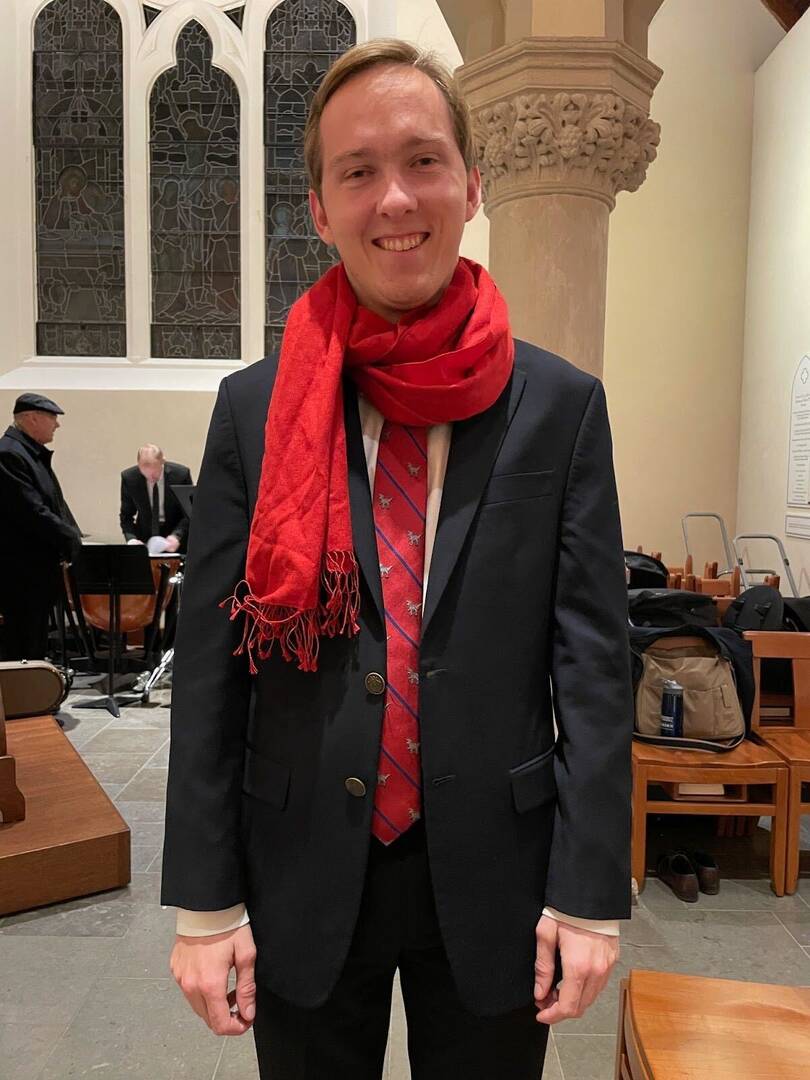A Reflection for the Memorial of St. Francis Xavier, priest
Find today’s readings here.
Then the wolf shall be a guest of the lamb,
and the leopard shall lie down with the kid;
The calf and the young lion shall browse together,
with a little child to guide them.
The cow and the bear shall be neighbors,
together their young shall rest;
the lion shall eat hay like the ox.
Why are the prophets important? On a basic level of apologetics, Jesus’ claim to divinity is vindicated by his status as the only person to fulfill all of the prophecies of the Old Testament, Isaiah’s very much included. The prophets are thus a crucial source of continuity between the Old Testament and the New, their words serving as proof that the carpenter from Nazareth’s professions to be the Son of God are genuine. For a Christian looking to provide intellectual evidence for their faith, Isaiah’s prediction that “a shoot shall sprout from the stump of Jesse” is as good a source as any—and Advent is full of Isaiah’s words. As Christians around the world wait to commemorate the coming of Christ, it’s only fitting that we turn to the words of those prophets who prepared the way of the Lord long before the Incarnation.
God, working through the Church and its lectionary, wants us to focus on the prophets during this time of Advent. What is he trying to draw our attention to?
The reading not only announces Jesus’ coming but also dwells on the primary reason for Jesus’ Incarnation on this earth: reconciliation. Isaiah paints a positively utopian picture of a world where peace reigns among all living things, with imagery that would have struck his listeners as frankly ludicrous: Wolves and lambs, leopards and goats, cows and bears, calves and lions, human children and deadly snakes—all united in a spirit of friendship.
Forget ancient audiences. To describe such scenes today (after human beings have set about wrecking many of these creatures’ natural habitats, by the way) still beggars belief. It’s tempting to write off these ideas as pipe dreams. But Isaiah is clear: Jesus, the shoot that sprouts from Jesse’s stump, will reconcile all things to one another and to himself. Human beings are to be reconciled to each other and to the rest of God’s creation.
The reconciliation, the turning from evil to good and from discord to harmony, that Jesus brings can take a plethora of forms. I’ve been reading a lot about Laudato Si’ lately, so I find myself thinking particularly of reconciliation between humanity and God’s natural world. In that light, beyond the obvious imagery of predators and prey supping together, I find it striking that Isaiah describes Jesus as a “shoot” and a “bud”—as a flower! And a vegetarian friend loves to point out to me that one of Isaiah’s means of portraying this future of absolute peace is to show the once-carnivorous lion eating hay. But the ways in which Jesus brings reconciliation are endless; he comes to “decide aright” for the poor and the afflicted, to bring “ruthless” evildoers to justice, to eliminate “harm or ruin.”
If such a future sounds ridiculous or impossible, consider that it takes God becoming a human person—among the greatest of all cosmic mysteries—to even make it thinkable. And it takes some of the greatest visionaries in human history—the prophets—to describe it. Our invitation in this Advent season is to imagine Jesus’ arrival alongside them.
Get to know Connor Hartigan
Do you have any seasonal reading or movie recommendations?
One of my favorite Christmas films is Joyeux Noël, a portrayal of the 1914 “Christmas truce” between British, French and German soldiers in the trenches of World War I. As a longtime choral singer, I’m particularly moved by how music—the Germans’ vocal rendition of “Silent Night,” followed by a Scottish response on bagpipes—brings the ceasefire about. I don’t think the movie’s message of peace will ever not be pertinent, but in 2024 I think its challenge to the temptations of dehumanization and hatred is particularly necessary.
What is your favorite Advent/Christmas hymn?
This is a tough one! Lately, I’ve been listening to “Lo, How a Rose E’er Blooming,” although I’m partial to the sound of the original German: Es ist ein Ros entsprungen. I especially enjoy this recording from the King’s Singers.
Share a photo of an Advent or Christmas memory.
Ready for the annual Carols from the Hilltop performance with Georgetown University’s Music Ministry—one of the best parts of every year of my college experience. I’m looking forward to traveling back to Washington at the end of this week for my first Carols concert as an alumnus!









